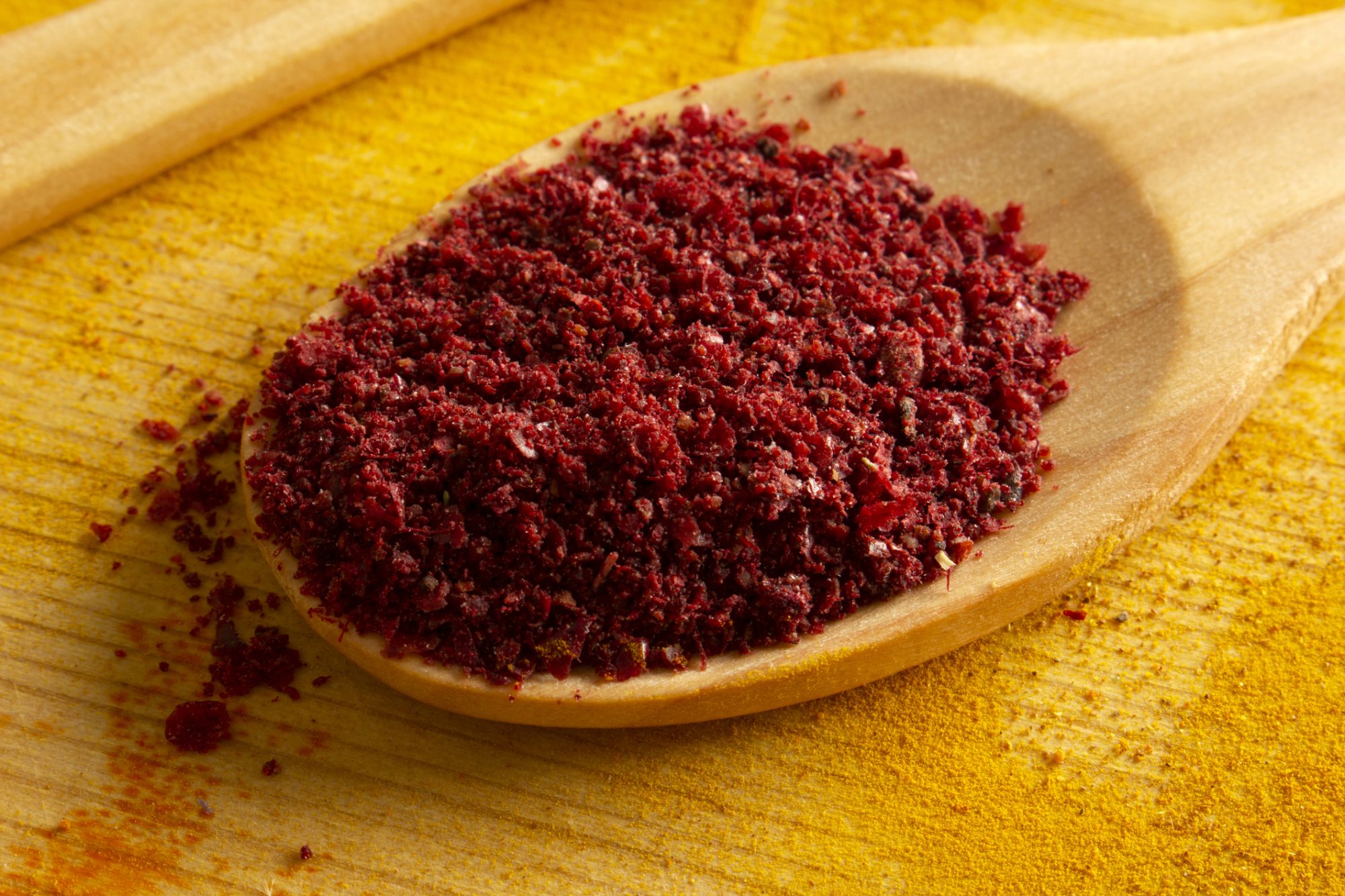What an individual eats in childhood can affect their future danger of creating a number of sclerosis (MS) and its scientific course, in line with a latest Dutch research.
A poor weight loss program with extra quick meals, snacks, and sweet as a toddler tended to be related to the next danger of creating MS, with larger consumption of oily fish being linked to a 3 times increased danger.
Nevertheless, consuming extra fruit and veggies as adults was related to extra constructive outcomes on incapacity and MRI measures amongst MS sufferers.
“General weight loss program high quality and particular person dietary parts throughout childhood had been related to adult-onset MS and onset kind, however not with age of onset,” researchers wrote.
These findings might assist inform the design of bigger research on weight loss program suggestions for MS sufferers, they famous.
The research, “The position of weight loss program in a number of sclerosis onset and course: outcomes from a nationwide retrospective birth-year cohort,” was printed within the Annals of Scientific and Translational Neurology.
Beneficial Studying Newly found genetic variant tied to sooner MS development
Dietary standing proposed as MS danger issue
MS is a posh neurodegenerative illness, thought to come up from a mixture of genetic and environmental elements. Dietary standing has been proposed as one such issue that may affect not solely an individual’s danger of MS, but additionally its development after onset.
Whereas a number of research have examined the position of weight loss program in MS, typically discovering {that a} wholesome or Mediterranean-style weight loss program could also be useful, “inadequate proof exists to suggest a selected weight loss program … in scientific apply,” the researchers wrote.
The position of weight loss program in adolescence is perhaps notably necessary for figuring out outcomes in MS, however few research have checked out how childhood vitamin impacts MS onset and development.
Now, scientists within the Netherlands examined the hyperlink between childhood weight loss program and MS onset, in addition to how weight loss program in maturity affected sufferers’ incapacity and MRI measures.
They checked out information from 361 MS sufferers and 125 wholesome individuals who had been concerned in Mission Y, a research designed to establish elements that designate variations in illness expression amongst all MS sufferers born within the Netherlands within the 12 months 1966.
Individuals had been about 53 years outdated on the time of the evaluation, and their median age of MS onset was 37.1 years.
After a one-day research go to to gather imaging information, neurological assessments, and detailed interviews, sufferers then accomplished a set of questionnaires about their dietary consumption in childhood (age 10) and maturity (age 50).
Outcomes confirmed that extra MS sufferers reported being chubby in childhood (12.7%) than wholesome controls (4.8%) — a distinction that was statistically important.
MS was discovered extra prevalent amongst individuals who reported poor general weight loss program high quality and better consumption of quick meals, snacks, and sweet, in addition to extra consumption of oily fish, throughout childhood. In flip, the neurodegenerative illness was much less prevalent in folks with the next childhood consumption of whole-grain bread.
Notably, solely the findings associated to consumption of oily fish and whole-grain bread reached statistical significance.
Beneficial Studying Bacterial toxin epsilon in intestine could also be environmental driver of MS
Issues recalling meals consumption a limitation of research
On condition that oily fish consumption has been beforehand linked largely to a decrease MS danger, the staff known as for warning in decoding these information. Issues in meals consumption recall and the dearth of research with different meals merchandise might have influenced these outcomes.
When stratifying by intercourse, “the next consumption of whole-grain bread throughout childhood was related to decrease odds of MS in feminine people, however not in males,” the researchers wrote. In flip, decrease weight loss program high quality and better consumption of quick meals, snacks, and sweet as a boy was linked to the next probability of getting MS in males.
No particular person dietary element or general weight loss program high quality in childhood was linked to the age of onset of MS signs or to the kind of MS at illness onset.
Nevertheless, consuming extra fruit in childhood was linked to decrease odds of beginning off with relapsing MS for males, however not for girls.
Food plan in maturity was additionally related to sure scientific elements. Particularly, the next consumption of fruits was considerably related to decrease incapacity ranges. Consuming extra fruits or greens was additionally linked to sure MRI measures, notably these indicating much less tissue quantity loss in numerous mind areas.
General weight loss program high quality and particular person dietary parts throughout childhood had been related to adult-onset MS and onset kind, however not with age of onset.
Consuming extra learn meat at age 50 linked to increased mind lesion quantity in sufferers
Consuming extra pink meat at age 50 was additionally considerably related to the next mind lesion quantity in MS sufferers, however no relationships between oily fish or complete grain bread and MRI measures had been noticed.
A few of these grownup diet-related findings had been additionally influenced by intercourse, and had been important in males however not in girls.
The general sex-specific variations noticed within the research could also be associated to sex-specific totally different dietary wants or responses to vitamins, the researchers famous, including that “future research mustn’t solely modify for intercourse but additionally discover intercourse interplay.”
MRI patterns in wholesome adults had been additionally linked to dietary consumption, however the sample was distinct from that of MS sufferers, with no relationship between fruit and veggies and MRI measures.
“Associations of particular person meals merchandise solely present in [people with MS] might point out a MS-specific impact,” the researchers wrote, noting, nevertheless, that general weight loss program high quality at age 50 was linked to lesion quantity in each teams.
Curiously, a “paradoxical” constructive relationship between consumption of snacks, sweet, and quick meals at age 50 and several other MRI measures had been noticed in each MS sufferers and wholesome folks, the place consumption of these meals was related to increased mind quantity.
The researchers famous it’s doable that whereas tissue volumes had been increased, it isn’t utterly wholesome tissue. Nonetheless, these outcomes must be “cautiously interpreted.”
Findings might assist in design of long-term research
Among the many research’s limitations was the chance that individuals might have inaccurately recalled their childhood weight loss program, or unintentionally biased their solutions. Sure dietary parts had been additionally not accounted for.
“Subsequently … we don’t goal to make any definitive claims based mostly on our outcomes,” the staff wrote, including that the information nonetheless supply “useful insights” into the connection between MS and weight loss program.
Though not definitive, the findings might assist in the design of long-term research which can be “higher suited to analyze causality,” the researchers wrote.
Such research shall be wanted to develop complete dietary suggestions for MS sufferers, the staff concluded.


